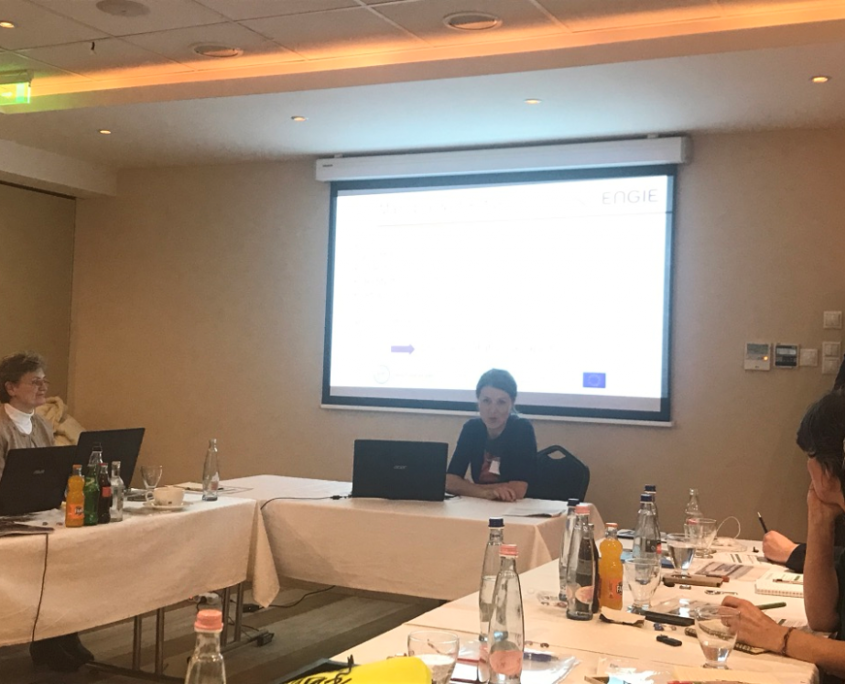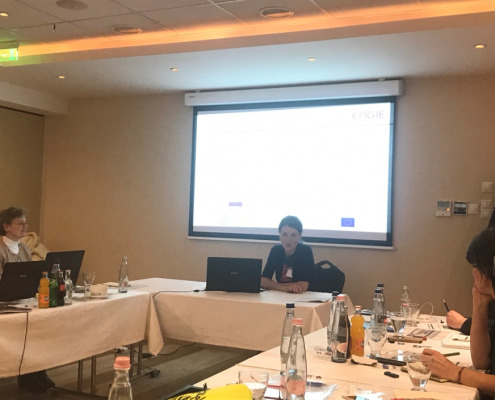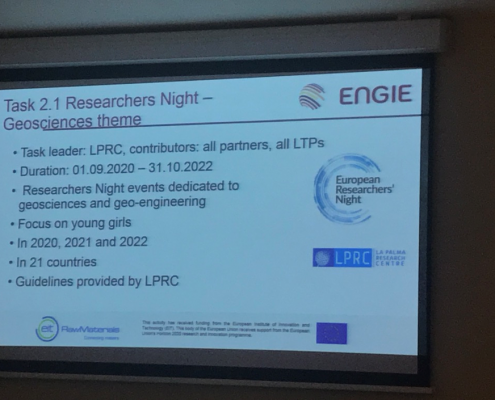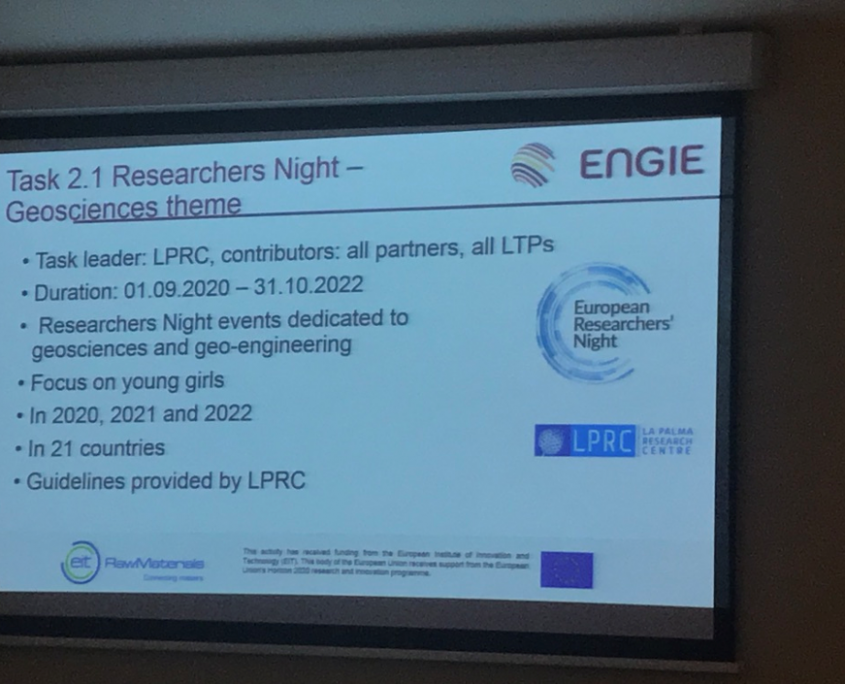- About the project
ENGIE supported awareness raising activities in more than 20 European countries to encourage 13-18 years old girls to study geosciences and geo-engineering. Public bodies, schools, research centres, universities, professional organisations and on gender equality have been brought together, and strategies will be formulated on the basis of European and international benchmarking. Best practices and success stories have been taken over from countries where STEM education and geo-sciences have already been successfully promoted among young women (Australia, Canada, US) and also from leading European countries in this area, such as Sweden or Finland. Experiences gained during the implementation of national actions have been used for the formulation of longer-term strategies so that the expected higher interest for these professions could be satisfied by proper education and career opportunities in Europe.
The ENGIE project focused on raising the girls’ interest in a well-defined area: geosciences and geo-engineering. This helped the project partners to formulate very clear messages. One of the challenges in supporting gender equality in research is the shortage of knowledge on how to effectively encourage and sustain a young woman’s interest in STEM. ENGIE addressed this issue by conducting research and gathering comprehensive knowledge on what keeps women away from geosciences and engineering. In the frame of the project, an extensive communication strategy has been developed and progress have been monitored. Innovative approach of this project relied on the creation of a platform for the co-operation between competent international partners, who were strongly interested in tackling this shortage.
Awareness raising actions have been achieved on a local/national level in the form of a campaign moderated by the member National Associations of EFG. The main actions comprised Family Science Events, outdoor programmes and after-school Science Clubs on geosciences and engineering; industry mobilisation for organised group visits; a trans-European mentoring programme by graduate and postgraduate university students for secondary school students with the innovative use of social media; promotion of secondary-school science projects with national and international publication/awarding opportunities; summer courses to science teachers, providing continuing professional development in the areas of geoscience and pedagogy; and production of educational materials, information leaflets and brochures.
The project also aimed to draw conclusions from the implementation of the national actions for the development of a long-term EU-level action bringing together industry, education, research centres, SMEs, etc. for continued motivation of girls to embark on geoscientific careers. Recommendations have also been made for the development of similar initiatives across other STEM subjects.
- Our role in the projectLPRC led tasks 2.1 (Researchers Night – Geosciences theme), 3.2 (Impact monitoring and assessment) and 3.3 ENGIE 2025. LPRC also collaborated in Task 3.1 Terms of reference for impact assessment.
- More information
For more information please contact Ariadna Ortega at ariadna.ortega_at_lapalmacentre.eu







